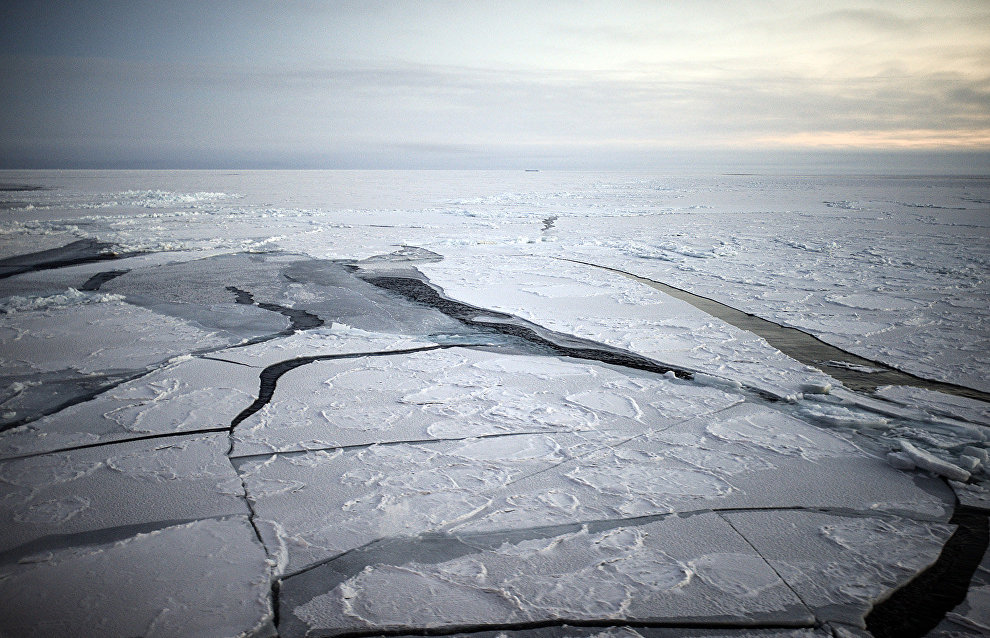Arctic may become ice-free by 2100
A rise in average world temperatures by 1.5 °C above pre-industrial levels may leave the Arctic ice-free and raise the sea level several meters as soon as 2100, according to a study from the journal Nature Climate Change cited by RIA Novosti.
James Screen from the University of Exeter (UK) wrote that the possibility of an ice-free Arctic has long concerned scientists and the public. He said calculations show that even if all countries fulfill their commitments under the 2015 Paris Agreement, the Arctic will completely lose its summer ice cover when global warming reaches 1.5 degrees Celsius.
In December 2015, representatives from 196 signatories of the UN Framework Convention on Climate Change adopted the world's first binding climate agreement at a conference in Paris. Over 170 countries signed the Paris Agreement when it opened for signature at the UN Headquarters in New York in April.
The agreement sets a limit on the emission of greenhouse gases after 2020 and stipulates measures to mitigate climate change. If all countries comply with their voluntary commitments under the Paris Agreement, this will slow global warming to 1.5 °C by the end of the century, according to scientists
But James Screen and his colleague, Daniel Williamson, say that even faithful compliance with the Paris Agreement provisions would give humanity a coin-toss chance — "about as likely as not" — of keeping the North Pole white.
According to RIA Novosti, their calculations show that the Arctic ice cover may decrease to 2.9 million square kilometers by 2100 if average world temperatures rise by less than 1.5 °C. In the scorching summer of 2015, when Arctic ice was melting at a record high rate, the area of the polar ice cap was 4.41 million square kilometers.
If the average world temperatures rise even a tiny fraction above 1.5 degrees, there is a one in three probability that the Arctic ice cover will plummet to 1 million square kilometers. In other words, Arctic ice will only hug several large islands, such as Greenland and Ellesmere.
